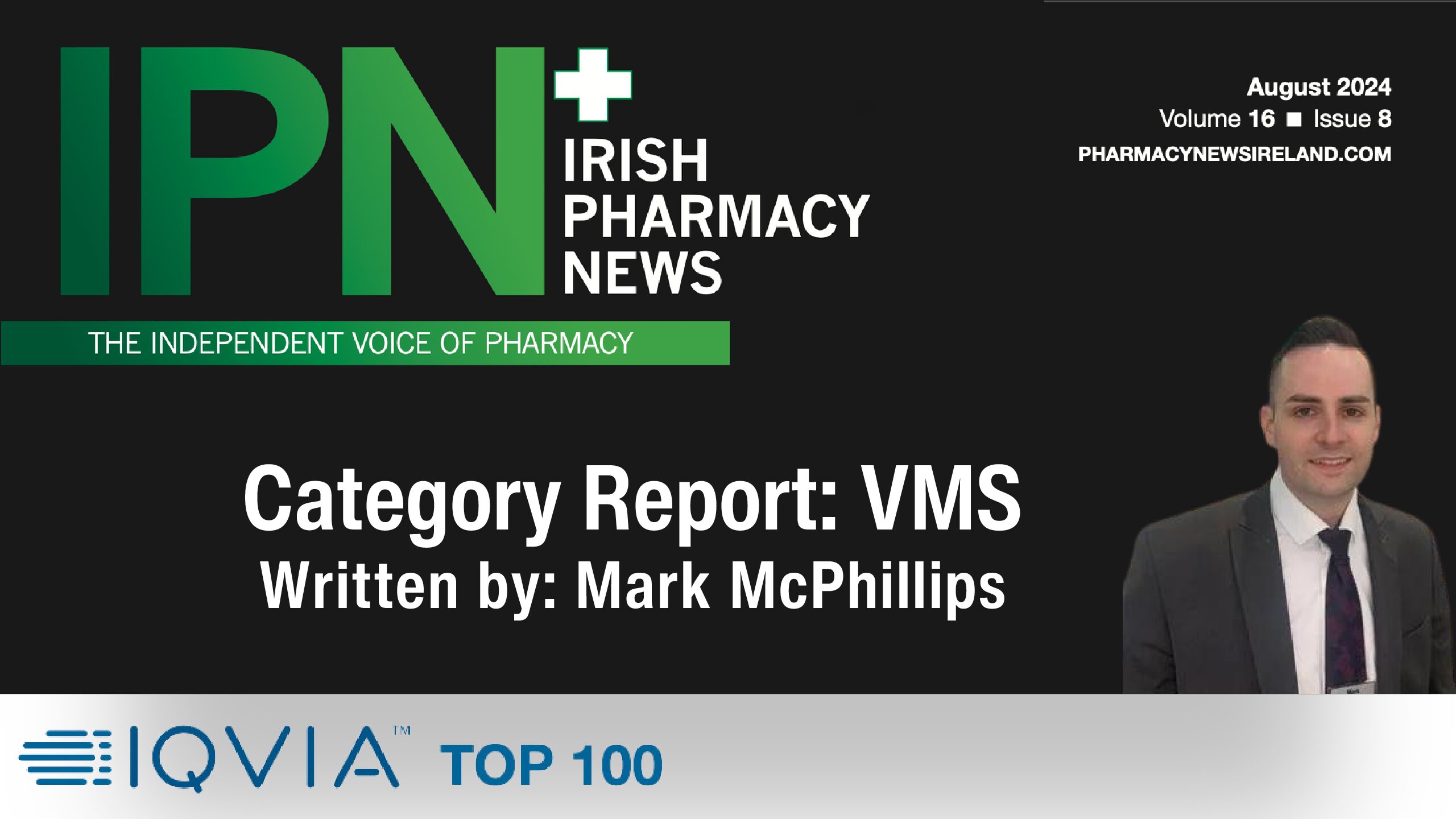Ground-breaking analysis shows more than 1.4m fewer years of life are lost over 20 years due to innovative new medicines for cancer, heart diseases and respiratory diseases
Innovative new medicines for cancer, heart diseases and respiratory diseases are generating almost €52 billion in socioeconomic value for Ireland over 20 years, according to a ground-breaking new study by the WifOR Economic Research Institute for the Irish Pharmaceutical Healthcare Association (IPHA).
The study, ‘The Value of Medicines in Ireland’, is the first thorough assessment of the socioeconomic value of medicines and medicines expenditure. IPHA represents the international originator biopharmaceutical industry in Ireland.
The study explores the macroeconomic impact of wealth and health, analysing the three leading causes of death in Ireland in 2019 – cardiovascular diseases, cancer and respiratory diseases.
It shows how society and the economy gain through reduced mortality and added productivity derived from innovation in medicines. Both mortality and morbidity reduce as a result of new treatments.
The study analyses the period between 2005 and 2025, projecting for the remaining four of these years. In that 20-year period, medicines for cardiovascular disease generate €25.8 billion in socioeconomic value, according to the study. In cancer, that figure is €16.8 billion while €9.1 billion is the added socioeconomic value for respiratory diseases.
The total socioeconomic benefit, spread across the three therapy areas, is almost a quarter of modified gross national income, or GNI*, in 2019. It equates to two-and-a-half times the State’s health budget this year. On an annualised basis, the impact is €2.5 billion which is more than the State’s €2.2 billion spend on medicines in 2019. It represents 22% of the 20-year total expenditure in health. A return-on-investment analysis shows that, for every euro invested in medicines, €3.80 will be returned to the economy until 2025.
The study calculates the socioeconomic value of new medicines for the three therapy areas based on avoided years of life lost, on fewer years lived with a disability, and on avoided productivity losses.
The analysis shows that, over 20 years, new medicines for cardiovascular diseases result in703,210 fewer years of life lost. It shows 19,416 fewer years lived with a disability. The cumulative socioeconomic impact is €25.8 billion because people are more productive for longer.
In cancer, the study shows that new medicines result in 470,785 fewer years of life lost over 20 years. It shows 1,943 fewer years lived with a disability. The cumulative socioeconomic impact is €16.8 billion, according to the study.
In respiratory diseases, 183,397 fewer years of life are lost as a result of innovation in medicines while 71,447 fewer years are lived with a disability. The resulting socioeconomic impact is €9.1 billion over the 20-year period.
The total impact value over 20 years is €51.7 billion. That equates to a per-capita impact of€11,000.
Dennis Ostwald, Chief Executive of the WifOR Economic Research Institute, said ‘The Value of Medicines in Ireland’ study was designed to be a constructive input into evidence-based policymaking.
“Our analysis evidences the significant economic and societal contribution of the originator biopharmaceutical industry to Ireland. It illustrates the transformational impact of medicines innovation on mortality and morbidity. Our work shows the productivity gains generated by new medicines, using a 20-year analysis of key diseases to link medicines innovation with gains in life expectancy, workforce participation and a reduced burden on the healthcare system.
“Cancer, heart diseases and respiratory conditions accounted for 72% of the principal causes of death in Ireland in 2019. By analysing these diseases, we wanted to demonstrate the therapeutic value of Ireland’s medicines spend in the context of overall population health. We hope this work can be a constructive input into healthcare policymaking, with a focus on value creation across society and economy rather than just considering medicines through the narrow prism of price,” said Professor Ostwald.
Oliver O’Connor, Chief Executive of IPHA, said the originator biopharmaceutical industry was keen to quantify the real-world value of medicines innovation.
“This ground-breaking study, the first of its kind in Ireland, demonstrates the impact of new medicines on patients’ lives, looking at indicators such as life years lost without new treatments and the ability to work. It underlines the necessity to find a pathway for the sustained, predictable reimbursement of new medicines for patients. It shows how important it is for Ireland to pursue an enterprise policy that sustains the level of biopharmaceutical industry investment and builds for what is coming. It shows the positive impact of medicines innovation on patients’ lives, on our economy and on the healthcare system,” said Mr O’Connor.
The study urges a shift in how healthcare is treated by legislators and policymakers, accelerating the move from ‘cost centre’ to an investment in people and a driver for socioeconomic growth. The analysis is an evidence-based tool for healthcare policymaking, especially in spending on new medicines which are shown in this study to deliver a return for society and the economy.
The study is here.










